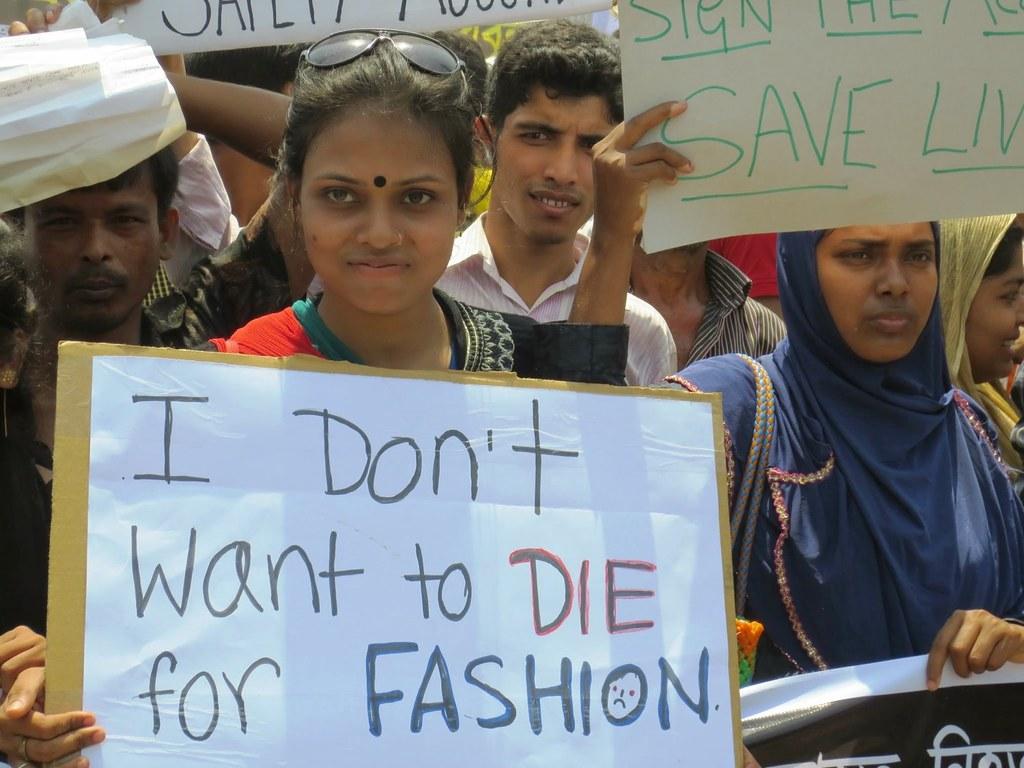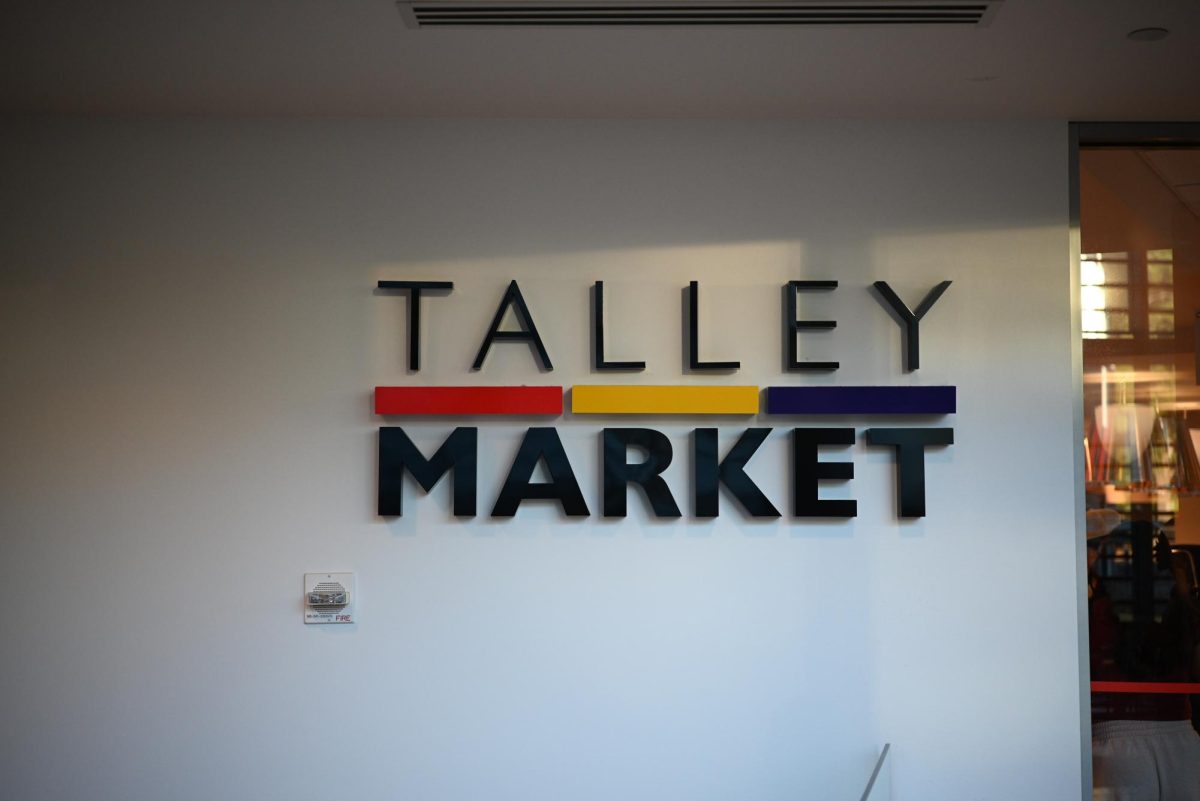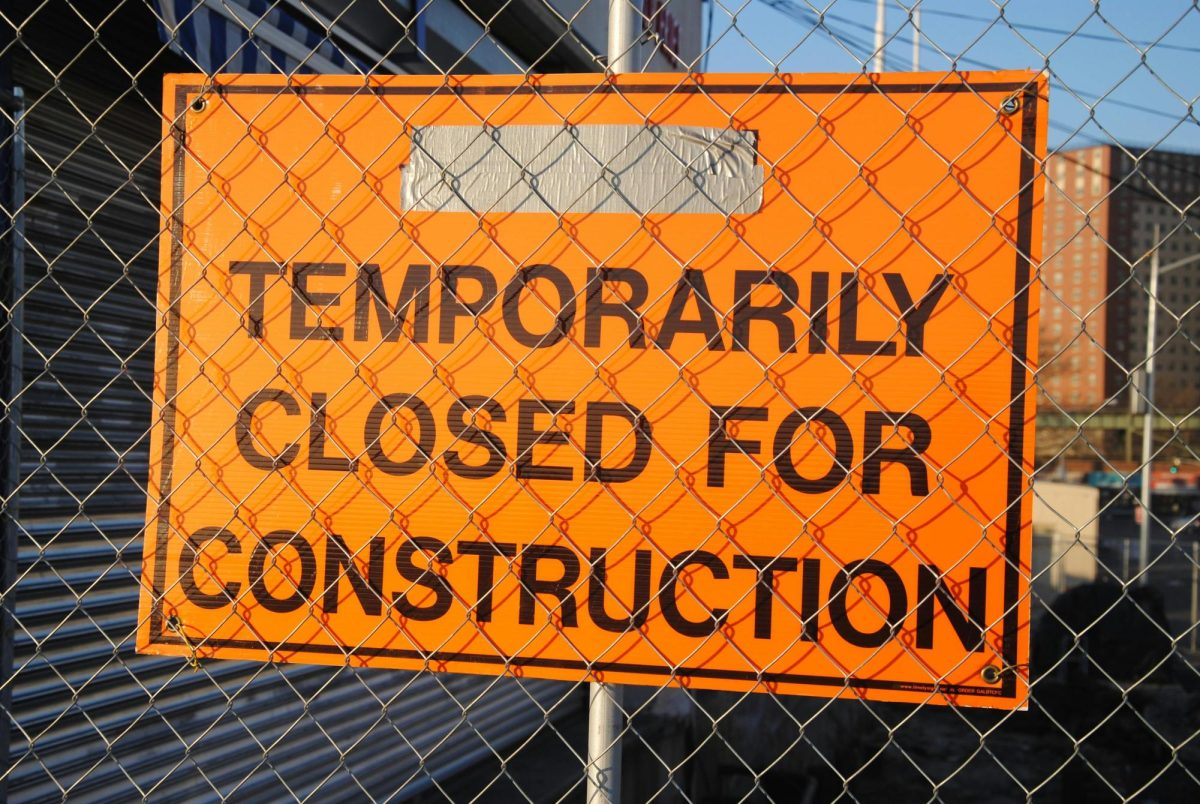Image from Creative Commons
In recent weeks, garment workers in Bangladesh have been on strike, protesting for better pay.
While Bangladesh’s economy has been stable in recent years, inflation continues to increase, with food inflation particularly reaching a 12-year-high in August. The rising inflation coupled with the low minimum wage makes it hard for garment workers, majority of whom are women, to afford food for themselves and their families. In Mirpur, protester Shahida Akhter said, pointing to the high costs of raising a family, “(if you) reduce the price of (essential) goods, our wages won’t need to be hiked.”
The situation is so dire, that one worker, speaking to Human Rights Watch, said she may even have to send her 12-year-old son to work, against child labor laws in the country, so their family can stay afloat.
As it stands, Bangladesh only reviews their minimum wage every five years. The current set wage fails to consider the soaring inflation costs or the effects that the pandemic has had on workers and the economy. The wage has required many to work overtime to make ends meet; even this, oftentimes, not going far enough. The minimum wage is currently set at 8,300 takas which is equivalent to $75 monthly. Worker Sohel Islam, 26, said even after working all the overtime hours he was allotted, his salary only totaled $100 for the month.
Despite being one of the top-producing countries in the world, Bangladesh has “one of the lowest minimum wages for garment workers.” With over 3,500 factories factories and approximately 4 million workers, the garment industry plays a major role in the growing Bangladesh economy.
Following the outbreak of protests, major brands such as Patagonia, Levi Strauss & Co., Under Armour, Adidas and more, wrote to Bangladesh Prime Minister Sheikh Hasina. In this letter, the brands said negotiations over the minimum wage should aim to raise it to a level that is “sufficient to cover worker’s basic needs and some discretionary income.” They echoed the point of workers, stating the new minimum wage should “take into account inflationary pressures.” Also, the brands emphasized their continuing recommendation for the minimum wage to be reviewed annually as opposed to the current five-year review.
At the same time that these brands have made calls for a higher minimum wage, the President of the Bangladesh Garment Manufacturers, Faruque Hassan, has “blamed Western brands” for the difficulties in raising wages. Hassan said that they cannot raise wages unless these brands pay more to the factories they use. Thulsi Narayanasamy, director of international advocacy at the Worker Rights Consortium, placed much of the blame on brands as well, saying, “Brands behave like innocent bystanders watching a car wreck unfold in Bangladesh, when in fact, they are the ones driving the car.”
The Bangladesh Garment Manufacturers and Exporters Association has asked the American Apparel & Footwear Association, which represents many top brands, to pay higher prices on garments per unit to cover the wage increase.
On November 24, Bloomberg News shared a letter seen by them, which stated H&M had agreed to increase the amount it pays suppliers to absorb the wage increase.
Taslima Akhter, President of the Bangladesh Garment Workers Solidarity movement, said that while brands hold responsibility, the main groups at fault for workers’ low wages are the factory owners themselves and the Bangladeshi government.
The strikes and protests have gained attention from the Bangladeshi government, however, at the time of writing the worker’s request for a new minimum of 23,000 takas, or $208 monthly, has not been met. The most recent offer came from a government-appointed panel that agreed to raise the minimum by “56.25 percent to 12,500 taka, or $113 ” monthly. The worker’s unions pushed back on this new minimum wage, however, as it did “not match the soaring cost of food, rent, healthcare and school fees for their children.” Bangladesh’s State Minister for Labour and Employment, Monnujan Sufian, has said the government “was considering” workers’ calls for ration cards, yet there has been no further development on this front. Prime Minister Hasina has, for now, rejected calls for anything higher than the panel’s initial raise offer, set to go into effect December 1, leading protests to continue.
While the protests have effectively brought attention to the issue of wages in Bangladesh, they have also, unfortunately, led to violence. Bangladesh police say protesters have damaged at least 70 garment factories, leading to the arrests of over 100 protesters, with some union leaders among those arrested. There have been at least six reported deaths and at least 30 reported injuries from protests as police use stun grenades, tear gas and pellet guns to crack down on protesters. One worker, Anjura Khatun, died after police opened fire on “over 400” protesters. That same day Jalal Uddin, a factory supervisor who was not involved in protests, was killed walking home from work after suffering at least 60 pellet wounds to his abdominal region.
In response to the violence, Prime Minister Hasina said, “If they take to the streets to protest at someone’s instigation, they will lose their job, lose their work and will have to return to their village.”
The garment worker protests come at an interesting time for Hasina and the nation, as Bangladesh is set to hold elections on January 7. Hasina has been “accused of authoritarianism, human rights violations, a crackdown on free speech and suppression of dissent.” Happening at the same time as the garment workers protests, anti-government protests against Hasina have been taking place across the country as well.
Ruhul Kabir Rizvi, a leader of the Bangladesh National Party, which opposes Hasina and held a rally calling for the Prime Minister’s resignation last month, has said she is “destroying” the garment industry.
As the situation continues to unfold, the eyes of the international community will remain on Bangladesh. With what the U.S. ambassador to Bangladesh, Peter Haas, has called a “political crisis surrounding the election”, a particular focus will be placed on Hasina. Seeking her fourth consecutive term in the upcoming election amid the workers’ protests, the opinions of those in one of the nation’s largest industries may start to carry more weight. Many factories have begun to reopen in recent days, still without a wage increase to the level workers want. Further developments are likely in the months to come, with the new minimum wage remaining set to go into effect right before the election.







